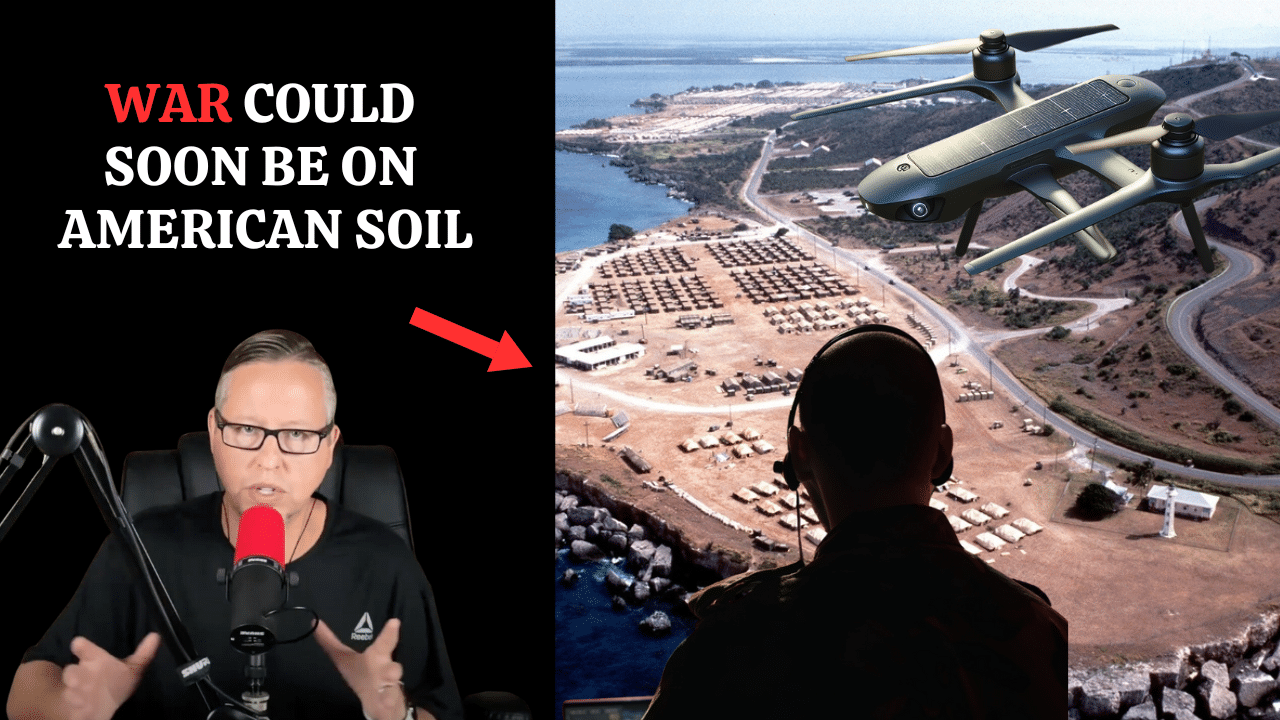In northern Syria, Turkey-backed opposition fighters are still battling US-allied Kurdish forces, while both Israel and the US launched airstrikes on Syria on Sunday. There is also uncertainty surrounding two Russian bases.
President Bashar al Assad fled Damascus with his family on Sunday morning and their whereabouts were unknown until Russian state media confirmed they had been given asylum in Moscow “on humanitarian grounds”.
Sources also told Russian media the Kremlin had struck a deal with Syria’s rebel leaders to guarantee the safety of its bases in the country, as part of arrangements that saw Mr. Assad head to Russia.
Moscow – a staunch backer of the Assad regime – has the strategically important Hmeimim airbase in Syria’s Latakia province and a naval facility at Tartous – its only Mediterranean repair and replenishment hub.
Despite the deal, some Russian war bloggers have said the situations around the bases remain intense.
‘Rybar’, a Russian war blogger close to the country’s defense ministry, said: “Russia’s military presence in the Middle East region hangs by a thread.
“What anyone decided in high offices is absolutely irrelevant on the ground.
“Russian warships have left Tartous and taken up positions at sea for security reasons, Rybar added.
The account – which has more than 1.3 million followers on Telegram – also said the Hmeimim airbase had effectively been cut off after rebels took control of a nearby town. Rybar’s claims have not been verified.
The Ministry of Foreign Affairs played down any immediate threat to its bases, but Sky News was told both are on “high alert” and Moscow is following events with “extreme concern”.
Meanwhile, Israel and the US have conducted separate airstrikes in Syria since Assad’s regime collapsed.
The US Central Command (CENTCOM) said its forces had aimed dozens of strikes at Islamic State targets in central Syria, to ensure it does not take advantage of the uncertainty.
A senior official in the Biden administration said the US has also been focused on making sure chemical weapons controlled by the new regime are secured.
While there would be no role for US ground troops, the official said the US would work to ensure the safety of chemical weapons stockpiles in the country – which have in the past been used on rebels – but they did not elaborate on how that would be achieved.
Elsewhere, Israel conducted three airstrikes against a major security complex and a research center in Damascus, two regional security sources told Reuters.
According to Israel, the center was used by Iranian scientists to develop missiles. Smoke was seen billowing over Damascus on Sunday, although it was not known what had caused it.
There has also been military action on the Israel-Syria border.
Israeli Prime Minister Benjamin Netanyahu said he had ordered Israeli forces to seize a buffer zone in the Golan Heights, established by a 1974 ceasefire agreement.








